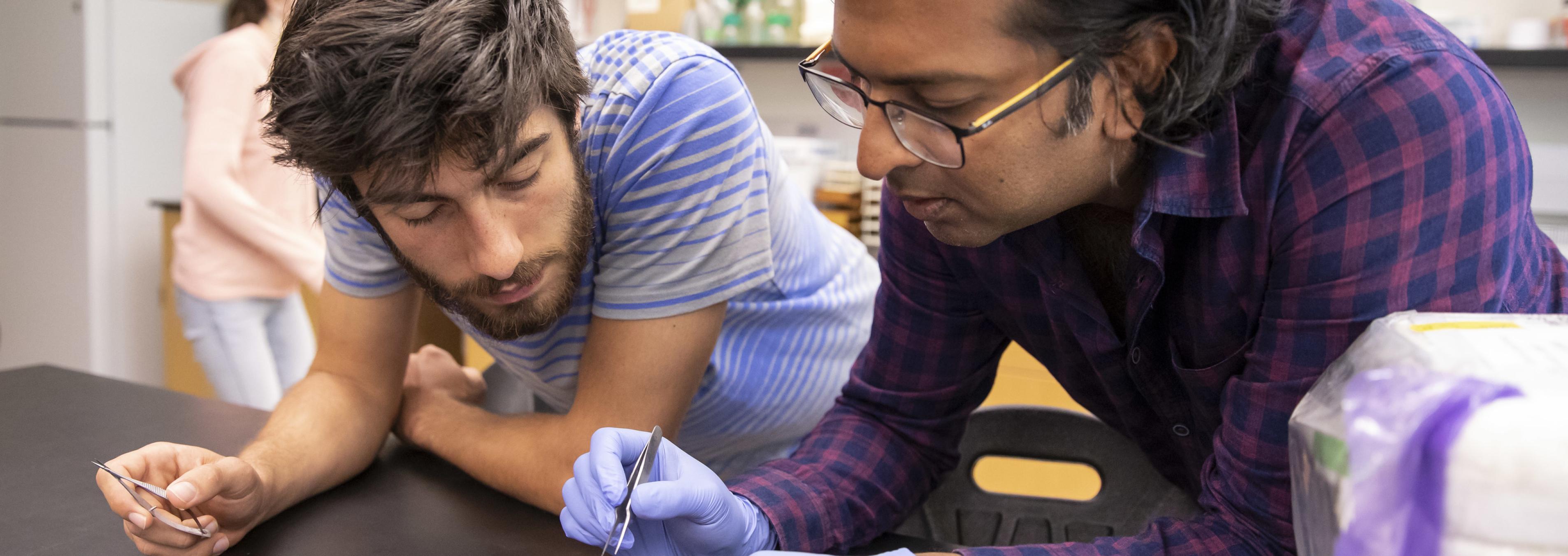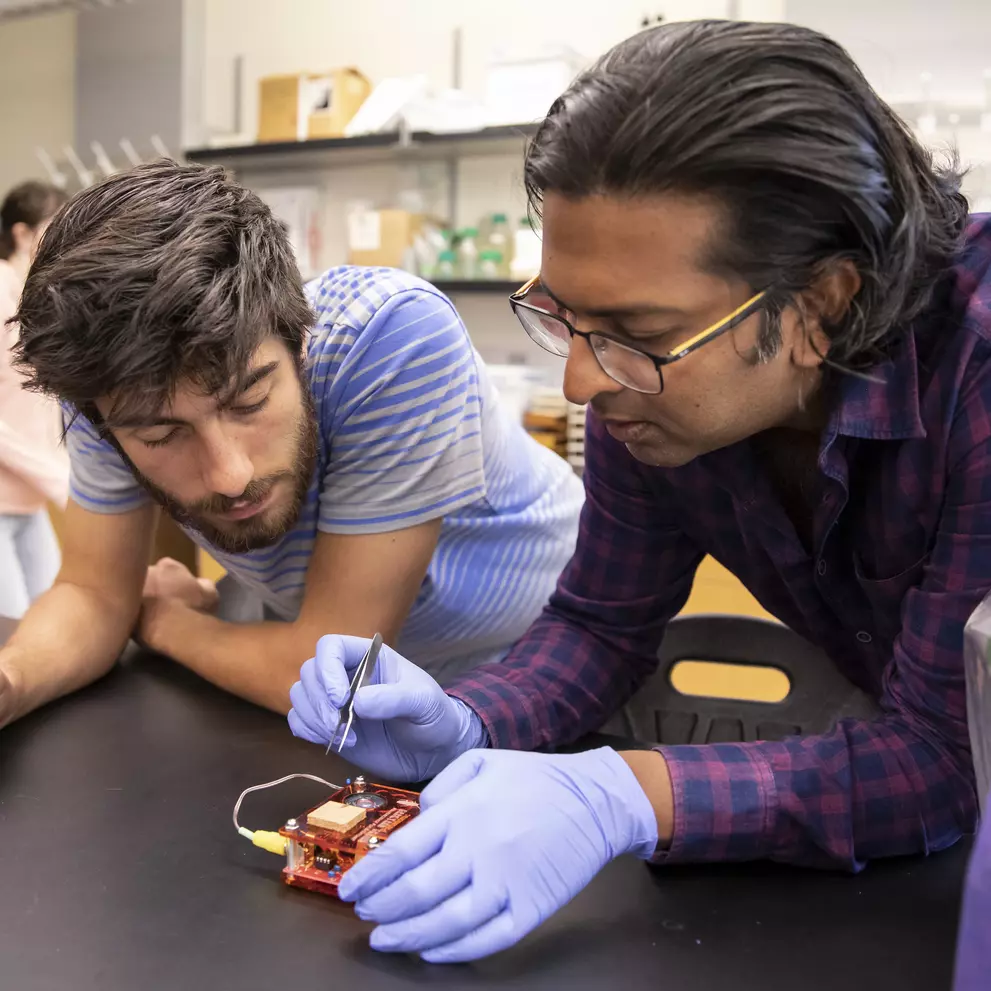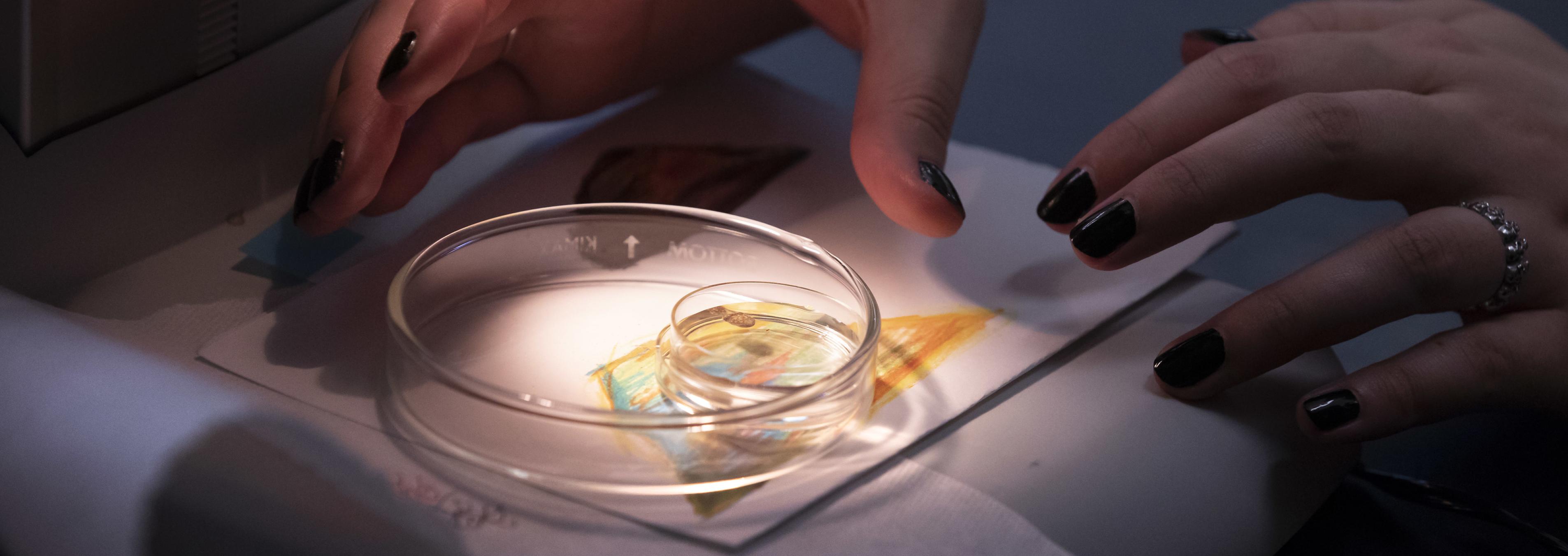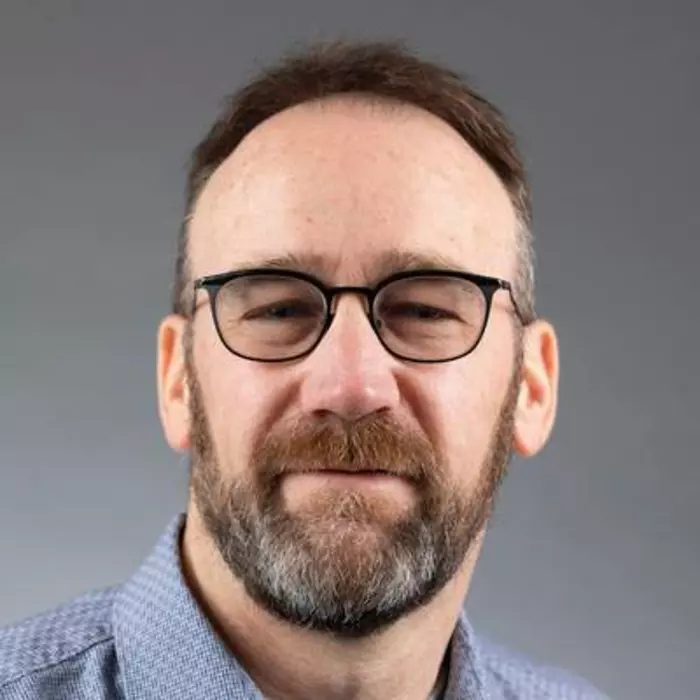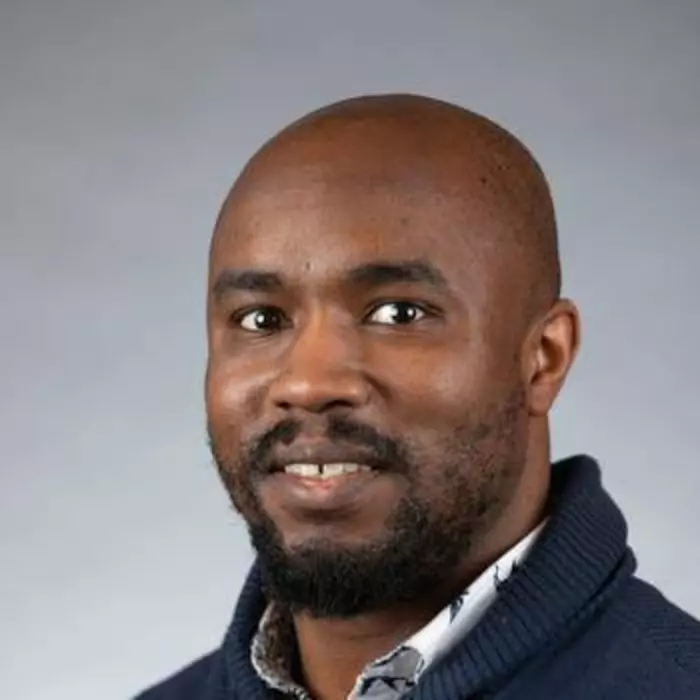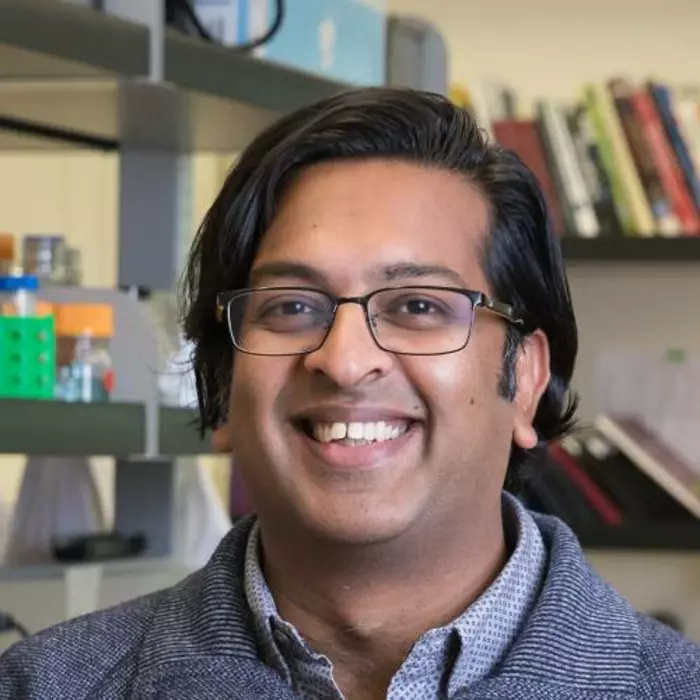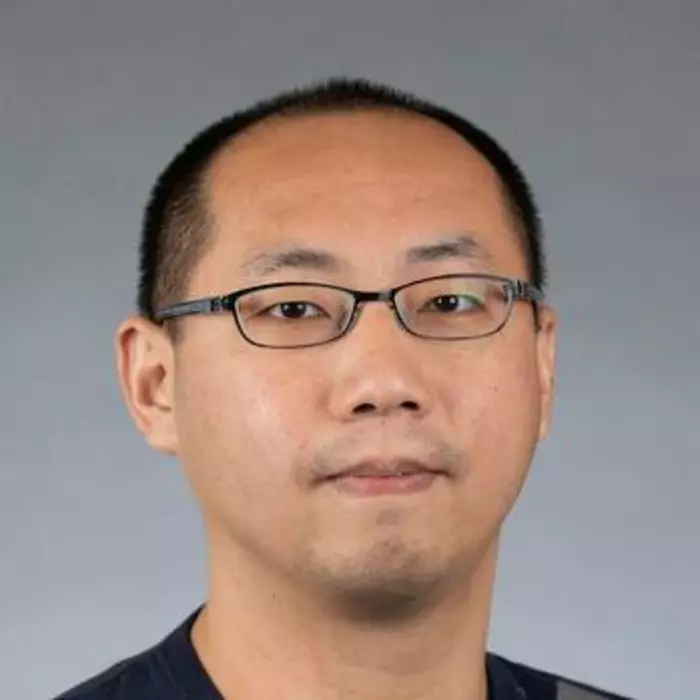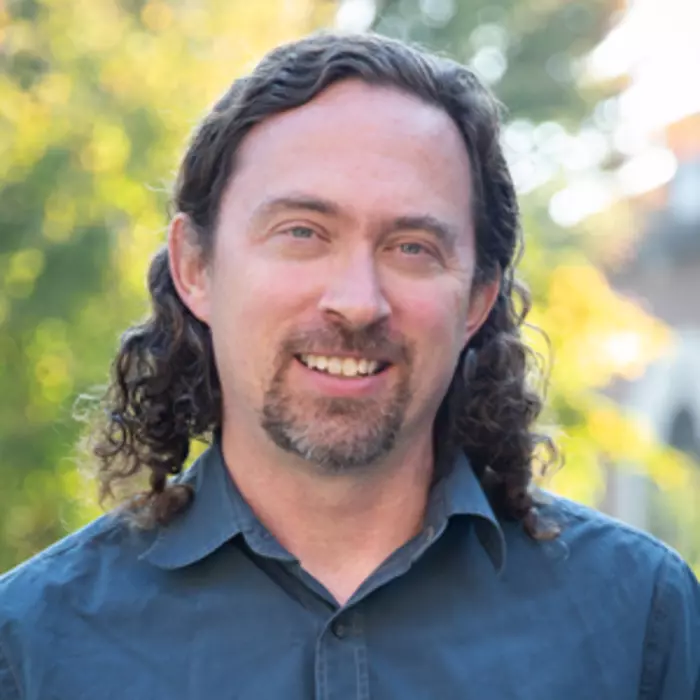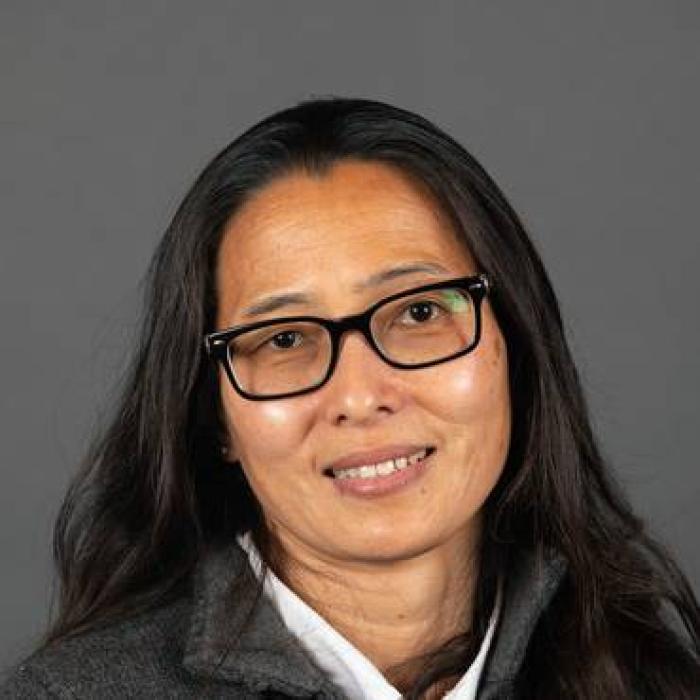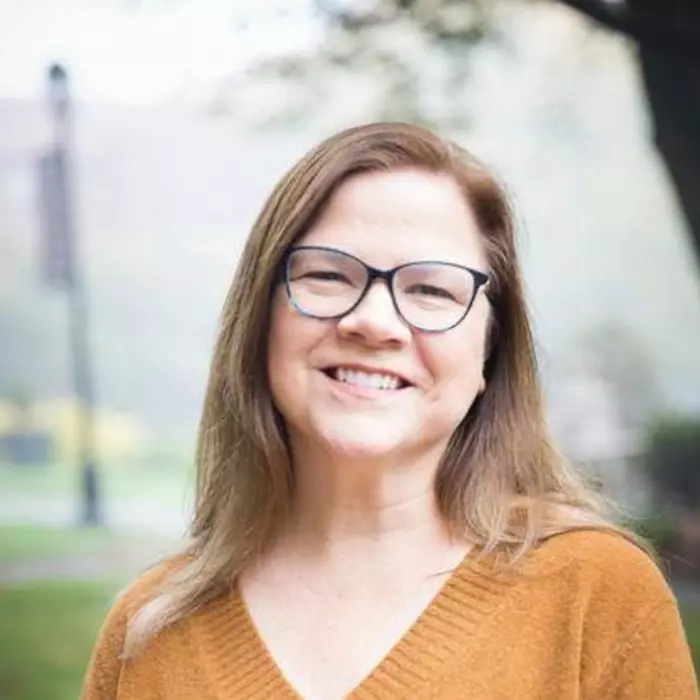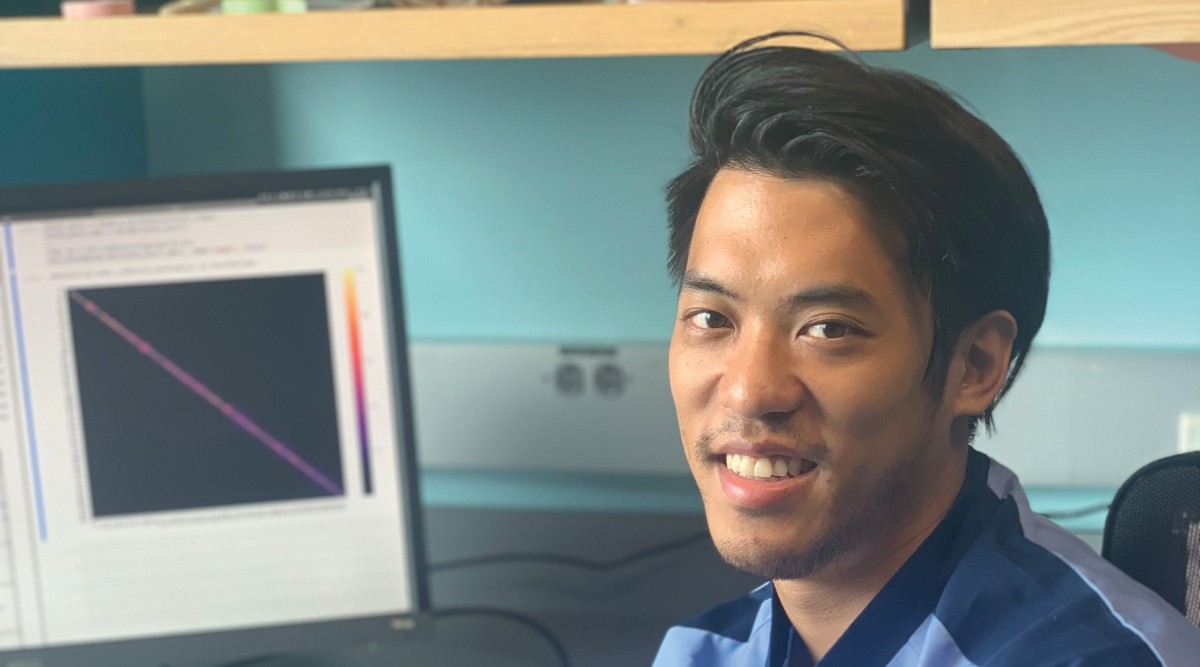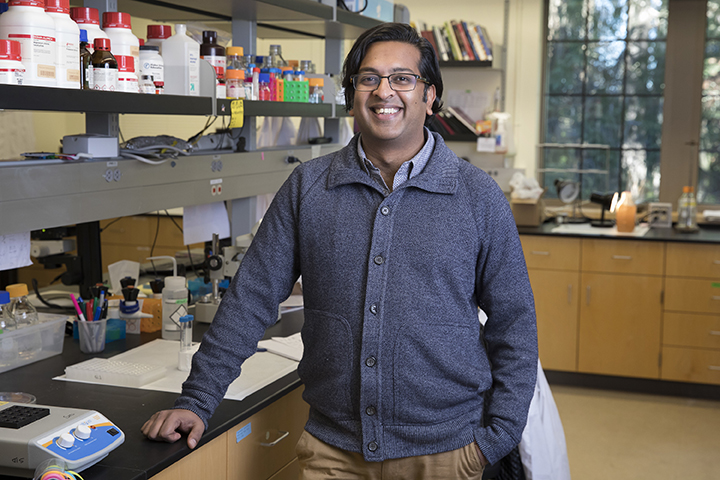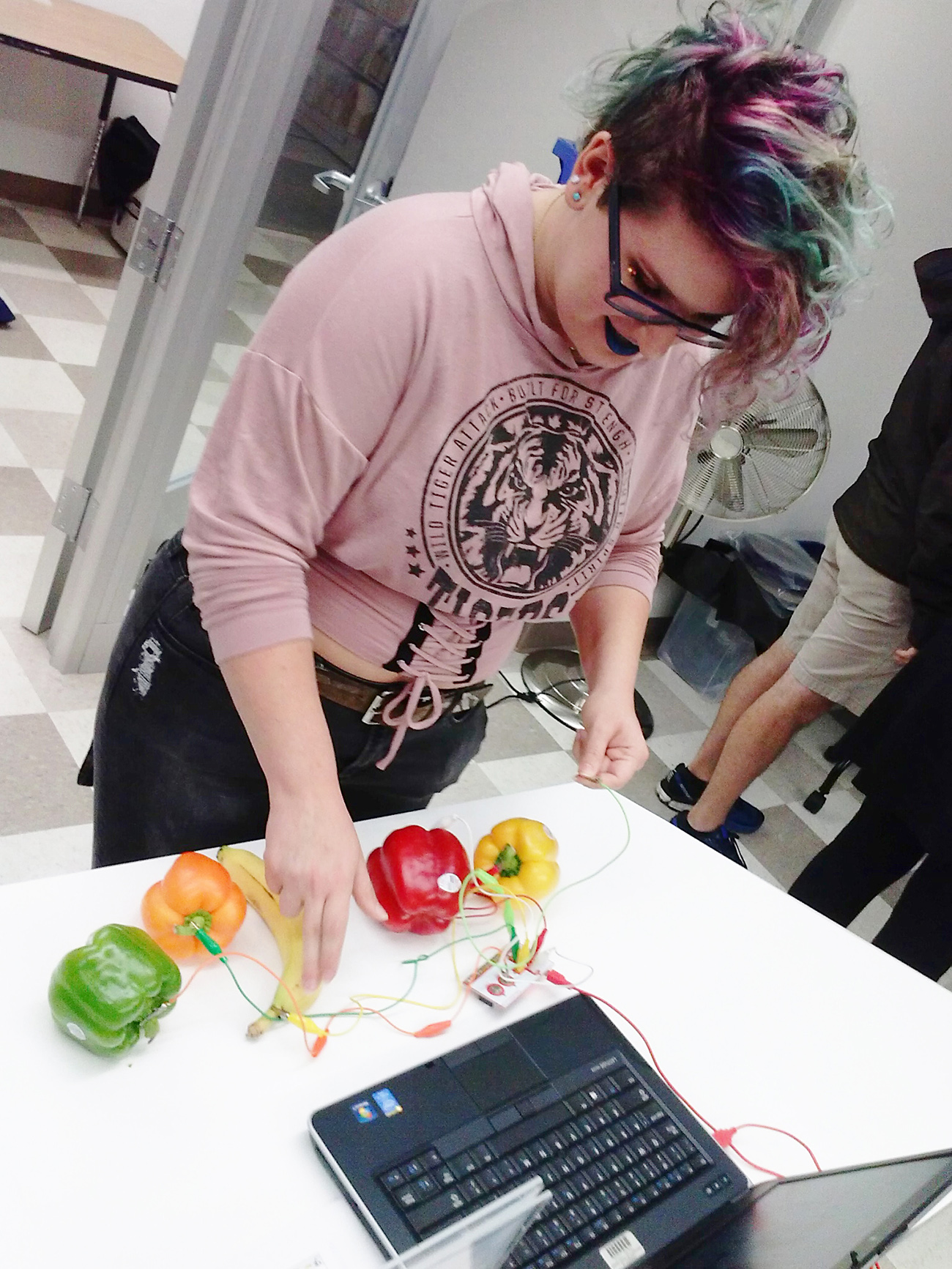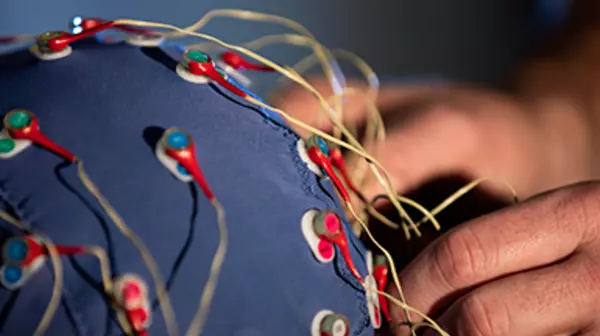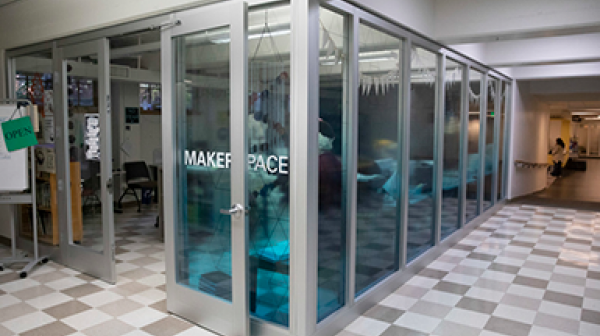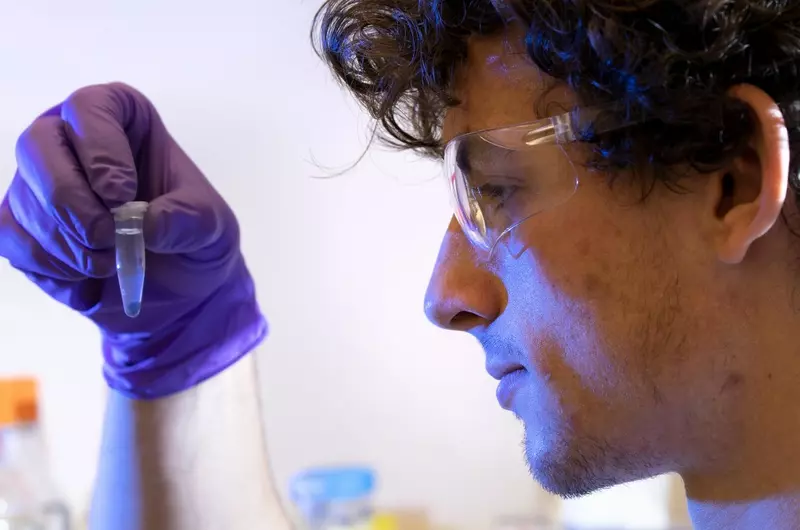WHAT YOU’LL LEARN
- How the brain works and links between brain and behavior
- Neurodiversity
- Lab methods in neuroscience
- Ethics of neuroscience (privacy, abortion, consciousness, etc.)
- Human and nonhuman animal responses to the environment
- Brain and nervous system diseases
- Intersections of neuroscience with art, philosophy, economics, spirituality, and ethics
WHO YOU COULD BE
- Researcher
- Doctor
- Art/Music Therapist
- EEG Technician
- Game Designer
OVERVIEW
How does the brain work? How do animals perceive and process signals like sound, light, and touch? How do different body parts communicate with each other? Why do we sleep?
At Puget Sound, neuroscience is examined not only through research, but also from critical, ethical, and practical perspectives. This interdisciplinary program draws on faculty research at all levels, encompassing topics such as cellular circuits in invertebrates, locomotion analysis and cognitive measurements in humans, and bioethics. Students and faculty members conduct hands-on research, examine how neuroscience influences culture, explore ethical and social implications in the field, and engage in creative community partnerships to make science more accessible.
The program offers a general introductory course in neuroscience, an interdisciplinary minor and also a Major that may serve to enhance, or complement, any major of a students choice. The minor enables students to develop skills necessary to become successful thinkers and is recognized with a designation on the transcript upon graduation. The Major (BA in Neuroscience) navigates through 5 concentrations - Neuro Arts, Neuro Bioethics, Neuro Economics, Neuroscience Philosophy and Neuro Spirituality. Explore the intersections of neuroscience with a deep dive into its synergy across disciplines.

"Through my internship I gained the ability to be confidently independent, to work efficiently under time constraints, and the ability to problem solve when necessary."
